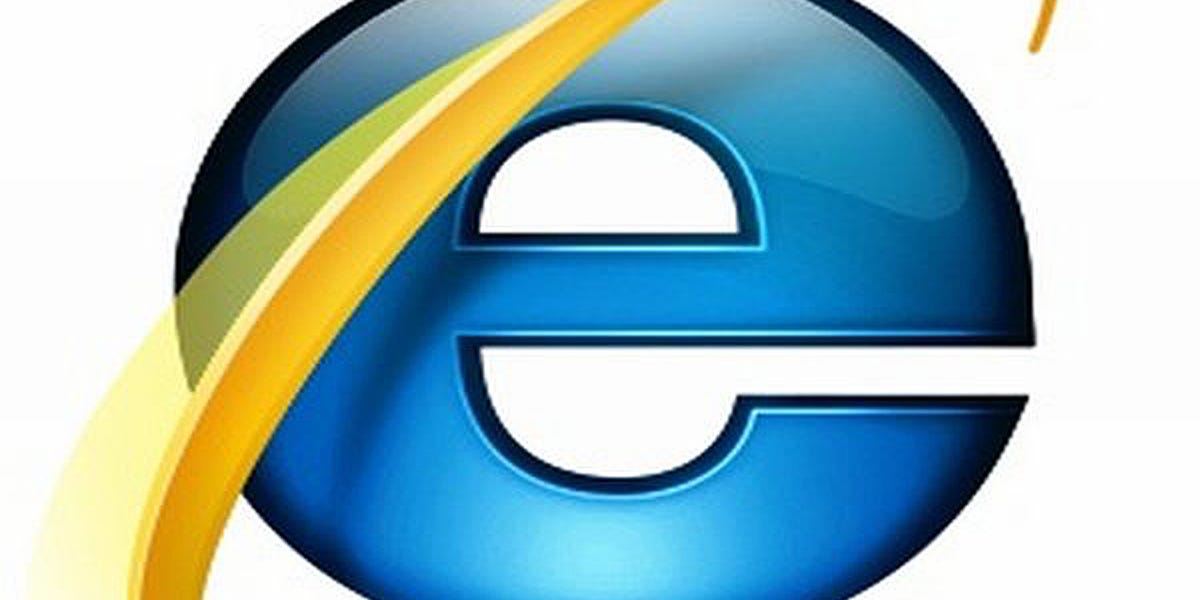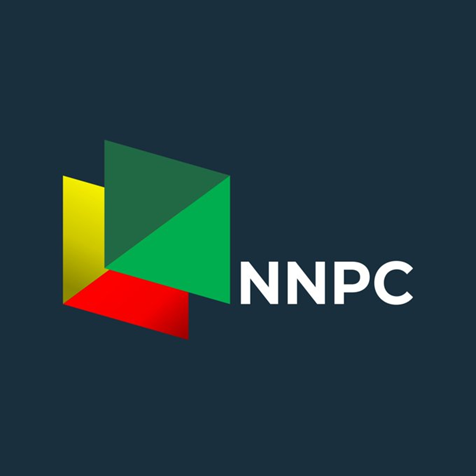Business
End Of The Road For Internet Explorer As Microsoft Pulls The Plug

Business
PETROAN Begs FG For N100bn Bailout to Stop Closure of Retail Stations
Company News
NNPC Helicopter Incident: Three Bodies Found as Rescue Missions Continue
Company News
Meta Fires Employees For Using Office Free Meal Vouchers to Buy Household Items
-

 News3 weeks ago
News3 weeks agoBbnaija’s Wanni Wins Innoson Car Challenge, Secures First Vehicle with Twin Sister
-

 Business3 weeks ago
Business3 weeks agoNigerian Businesses Slash Dollar Exposure as Naira Depreciation Deepens
-

 Technology3 weeks ago
Technology3 weeks agoOpenAI’s Valuation Soars to $157 Billion After $6.6 Billion Funding Round
-

 Investment3 weeks ago
Investment3 weeks agoFG Secures $200m Afreximbank Investment For Creative Industry
-

 Banking Sector3 weeks ago
Banking Sector3 weeks agoUnity Bank, Anwbn Empower Women Entrepreneurs With Ai, Digital Marketing Skills
-

 Banking Sector3 weeks ago
Banking Sector3 weeks agoNigerian Banks Face Soaring Wage Bills Amid Rising Inflation
-

 Appointments3 weeks ago
Appointments3 weeks agoStanbic IBTC Appoints Dr. Kunle Adedeji as Acting CEO Ahead of Leadership Transition
-

 Investment3 weeks ago
Investment3 weeks agoNigeria Targets $10 Billion in Deep-Water Gas Investments with New Tax Incentives





















